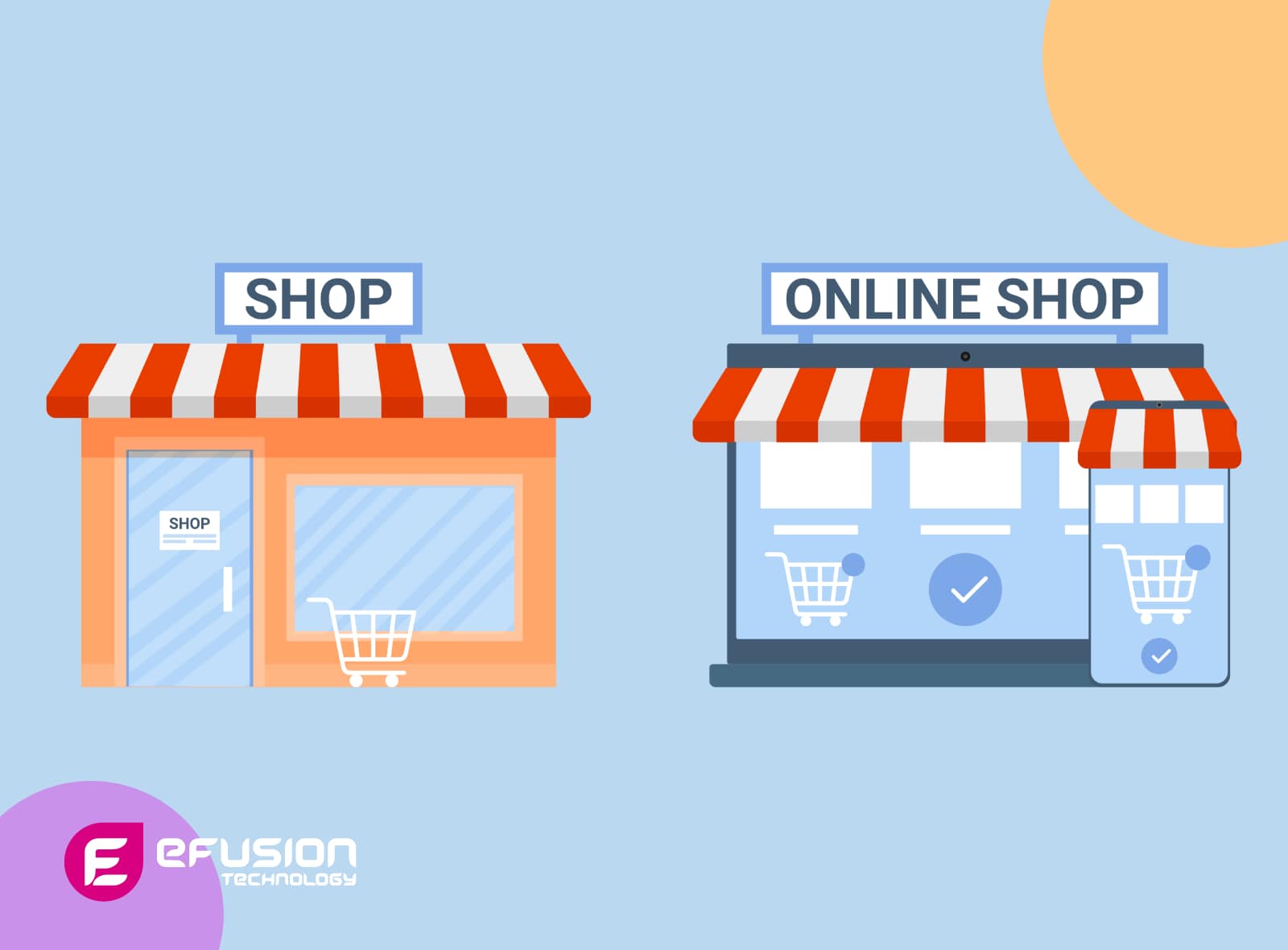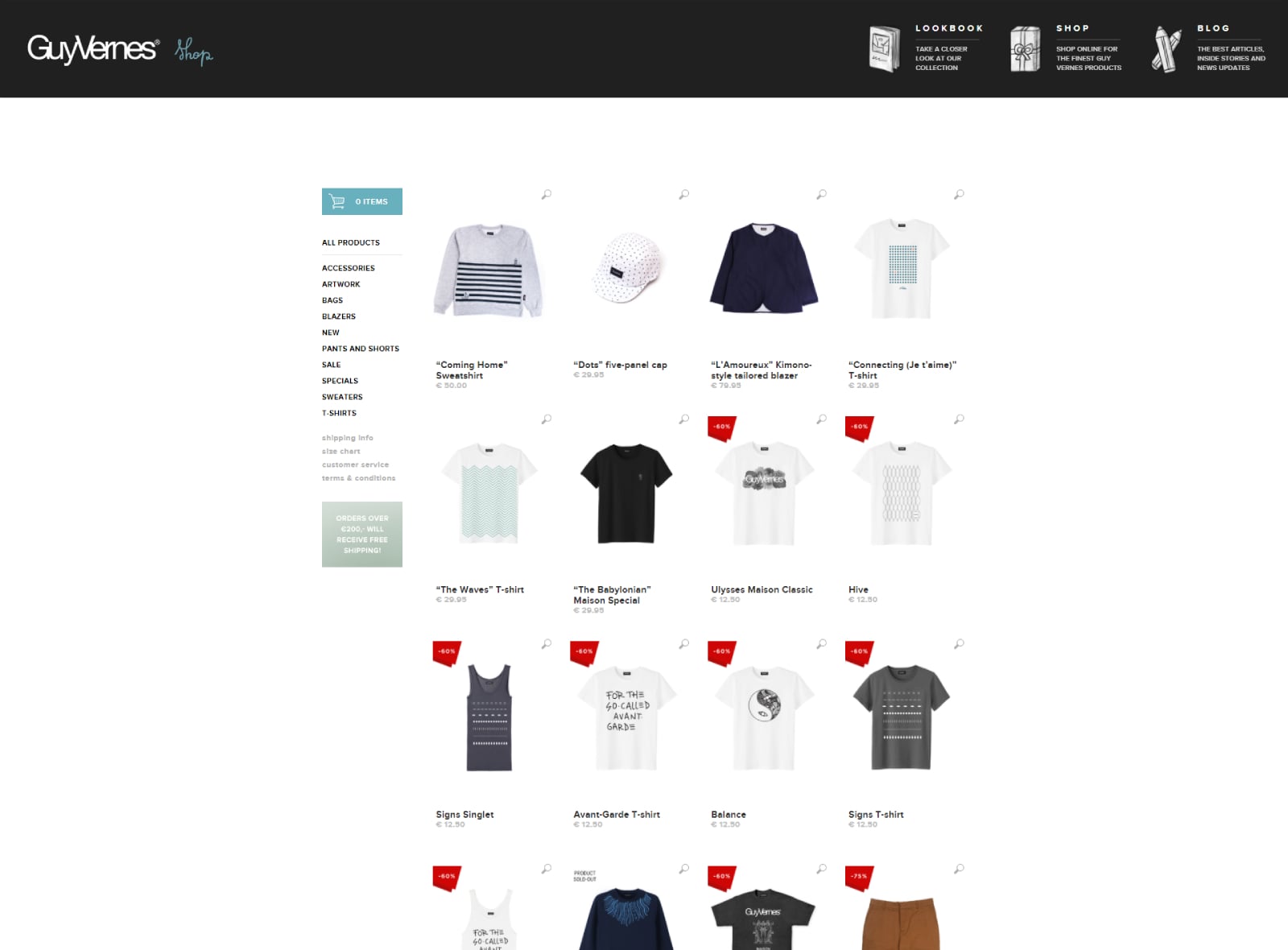
The shopping habits of consumers have changed drastically over the years, with an increased popularity in online shopping. Among the many factors contributing to this online explosion are digitalisation, shifting consumer attitudes, and mobility. However, in recent times, the primary reason has been the COVID-19 pandemic, which has led to social distancing and stay-at-home measures to better safeguard our health. In 2020, over two billion people purchased goods or services online! As consumers realise the convenience online shopping brings, this trend will most likely continue to grow in prevalence. So, how exactly do ecommerce stores differ from brick-and-mortar stores? We explore and delve deep in this article.
Customer Service

Customer service is an integral part of the shopping experience. It can make all the difference in whether or not a customer decides to buy a product. Compared to getting customer service in a physical store, ecommerce customer service is much more convenient and efficient. The best part? Most ecommerce customer service runs 24/7 thanks to the integration of chatbots and virtual assistants.
This is where having a chatbot as part of the ecommerce website design becomes crucial. For instance, should a customer require help on a product, they can simply type their queries in the ecommerce website’s chat and get a response almost immediately regardless of location or time. While physical stores may not be as efficient or accessible, they build greater human connections and interactions that are lacking in ecommerce stores.
Engaging the Senses
Much of the joy of shopping comes from being able to physically touch, feel and test products. This is where brick-and-mortar stores triumph over ecommerce stores. Engaging the sense of touch influences consumer decisions in ways we may not realise. However, that is not to say that ecommerce websites cannot compete. While the lack of touch may not be possible in ecommerce shopping, it can be made up for with excellent user interface (UI) and user experience (UX). Seamless navigation and ease of attaining product information elevates the online shopping experience. In addition, ecommerce stores can also engage the sense of sight with an appealing ecommerce website design.
Product Display

Source: tympanus
When it comes to the execution and strategy of setting up a physical store, elements including product selection, product placement and display design are core as they help buyers locate their favourite items and provide the perfect opportunity for cross selling. This helps to drive increased purchasing and greater sales generation. In ecommerce, this process manifests itself in the ecommerce website design. Having properly categorised products and appropriate display images is akin to a brick-and-mortar store’s product placement and display design, helping customers find the items they need effortlessly. Moreover, this is also an important element contributing to quality UI and UX.
Accessibility
No doubt, ecommerce stores are more accessible compared to physical stores. Depending on shipping, customers from different regions across the world can purchase from an ecommerce store. Brick-and-mortar shops on the other hand, are limited to customer proximity. This accessibility also extends to the opening hours. Where physical stores tend to have rigid opening and closing hours, ecommerce shops are always open, empowering greater flexibility for shoppers to shop whenever they want without worrying about closing times. As mentioned above, this is where implementing a chatbot or virtual assistant into the ecommerce website design comes in handy!

Physical and ecommerce stores possess their own variety of strengths and weaknesses. As each makes up for what the other is lacking, it is unlikely that one type of store may render the other unnecessary. It all boils down to individual preferences. Consumers who prioritise being able to try and test their products may opt for a brick-and-mortar store while those who enjoy convenience will want to shop online.
Ultimately, there is no denying the importance of an ecommerce website design. A good design can enhance the online shopping experience to drive customer loyalty and generate sales.
eFusion Technology is an ecommerce website design company in Singapore. Contact us with any of your website design needs and our team of experts will be ready to help!

